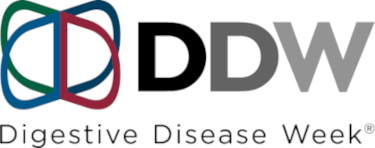Sp739
SINGLE CELL TRANSCRIPTOMICS TO UNDERSTAND IBD HETEROGENEITY: LESSONS LEARNT, PROMISES, AND PITFALLS
Date
May 20, 2024
Tracks
Related Products
MYELOID CELL DYSREGULATION ASSOCIATES WITH NON-RESPONSE TO ANTI-TNF THERAPIES.
The pathogenesis of inflammatory bowel disease (IBD) involves crosstalk between genetic and microbial factors that influence immune reactions. Tofacitinib, a pan JAK-STAT inhibitor, is a small molecule indicated for the treatment of moderate-to-severe ulcerative colitis (UC)…
VEDOLIZUMAB REDUCES IGG+ PLASMA CELLS AND FCγR SIGNALLING IN TREATMENT RESPONDERS
Vedolizumab (VDZ) is a monoclonal antibody that targets the gut-homing receptor α4β7. Despite its widespread use as a frontline therapy for ulcerative colitis (UC) and Crohn’s disease, its mode of action (MOA) remains unclear…
A PROSPECTIVE, MULTI-INSTITUTIONAL STUDY REVEALS THE COMBINATION OF RNA ANALYSIS WITH DNA-BASED NEXT-GENERATION SEQUENCING (NGS) IMPROVES THE PREOPERATIVE CLASSIFICATION OF PANCREATIC CYSTS AND IDENTIFICATION OF ADVANCED NEOPLASIA
BACKGROUND: As outlined by the Kyoto guidelines, targeted DNA-based NGS of pancreatic cyst fluid (PCF) is an important adjunct to the evaluation of pancreatic cyst patients…
ANTI-INTEGRIN αVβ6 AUTOANTIBODIES ARE A NOVEL PREDICTIVE BIOMARKER IN ULCERATIVE COLITIS
Aconitate decarboxylase 1 (ACOD1; also known as IRG-1) is the ubiquitous source of the metabolite itaconate, which dampens inflammasome activation by preventing HIF1α production of IL-1β and prevents TNF production through NRF2 activation…


